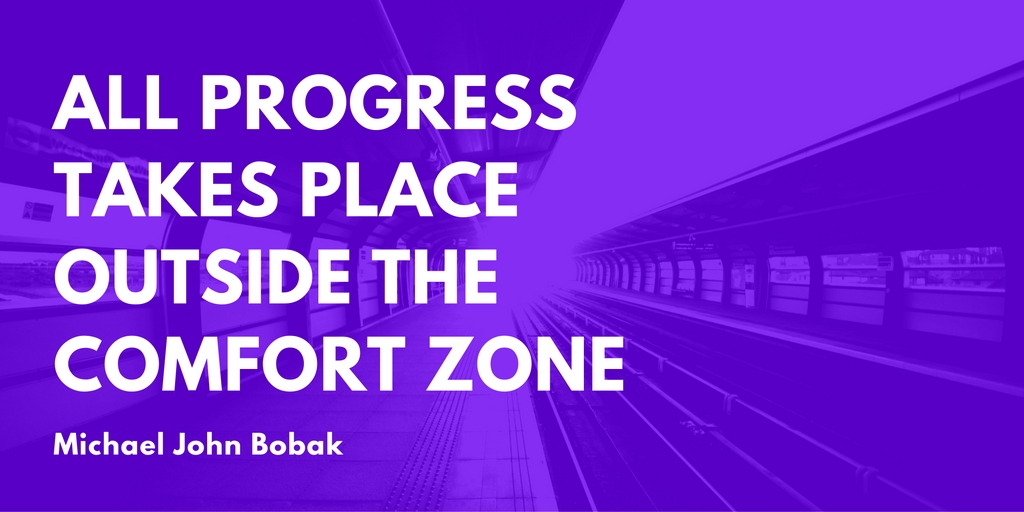The Career Development Association of Australia's national conference was held in Adelaide a few weeks ago; one of the sessions I attended was a research paper delivered by a colleague who I admire greatly, Dr James Athanasou. The paper was, in many ways, a culmination of a lifetime of work, and the conclusion was that career assessments are incredibly unreliable - so unreliable, in fact, that Jim actually proposes that these should not be used until we ensure we have industry-wide agreement on terminology, criteria and metrics. The other message I got was that we should not be inflicting these inventories on the general public until testing of such instruments is much further advanced.
If anyone is qualified to make such bold statements about how the industry operates, Jim would have to be a top-ranker. Recently retired from his post at UTS; Jim was a pioneer in the career industry in Australia, and has had the opportunity to witness the development of career and vocational assessment instruments over the years. He himself developed one of these, the Vocational Interest Survey, over twenty years ago.
Jim's clear message at the conference - that career assessments do not work - was supported with several slides containing data to show how the various instruments currently and previously in use bear little resemblance to each other; also it was made evident that there is no identifiable correlation of career success, happiness,fulfilment, or even satisfaction (the hallmarks of our trade) with the completion of any one of these instruments. As a graphic image to reinforce his point, Jim revealed a picture of a young person walking along a road, being covered by a cloud of dust from a passing bus. The cloud of dust represented the career confusion created for the young person by the administration of an interest assessment. Add to this another paper by Dr Mary McMahon, another giant in the industry, who at the same conference argued that career instruments were created by middle aged, middle class white males (and which therefore have little relevance for a significant percentage of the population), and it seems like we are in dire straits.
Nonetheless Jim's talk included some hope that, one day, a career assessment tool may be developed that will be relevant and useful, however much needs to be done. Personally, I fear that this is a long shot, for many reasons, the main one being that careers, and life generally, are messy and unpredictable. Second, I doubt that any career instrument can actually cut throught the layers of a person's skin to get to the heart of the career interest gene, if in fact one truly exists. One further reason for my scepticism is that people on the whole still don't believe they can expect to have a job that is interesting, fulfilling or even just nice. Too often, this notion is consciously or unconsciously perpetuated by parents, teachers and other well-meaning adults who instill the importance of getting a 'real job' (whatever that means), rather than a job one really likes.
On the whole, by the way, parents tend to be appalling careers educators. As well as being to close to the game, for various reasons they have usually failed to manage their own careers effectively - a large percentage of Baby Boomers, having failed to have, or realise their own career dreams, don't know how to help their kids have them, while Gen X parents, whose start in working life was characterised by the boom and bust of the 80s and 90s, still live in fear of what might happen if one is not prepared financially, and in the process have made their children fearful of stepping off the corporate treadmill, even when this is shaky.It appears to be much easier for people of all ages to buy into a preconceived idea of how we should live and work, rather than to dare to be too radical and different.
Whatever the reasons behind most people's career choices, therefore, it seems that the least of these is to do with genuine interest in, or passion for, that work, therefor career interest assessments are never likely to have a great impact on people's futures, no matter how much time and effort is into building sophisticated tools.
So at this stage, it seems that all we can do is acknowledge the prevailing situation and continue to use these less than adequate tools in the absence of something really worthwhile, knowing that they are unlikely to enhance our clients' career decisions even if they take notice of the results.
Or, we can, on the other hand, encourage our clients to throw caution to the wind, to take risks with their careers and to become extraordinary, in one way or the other, with no safety net to provide a soft landing. As a professional, I have to ask myself which of these is the more ethical stance. Where does my responsibility lie? Others in my industry may disagree, but I am of the persuasion that people should feel empowered to follow their hearts, but what right do we have to tell them this? For example, what if following one's heart leads to financial risk, or a truckload of other risks for that matter? What if it causes arguments within one's household, or worse - disinheritance, expulsion, alienation? Are the costs of this method also too great, and if so, where does this leave the career development profession? I would be very interested to hear what other career development practitioners and our potential clients have to say on this very important issue, as the implications for our industry are huge.
